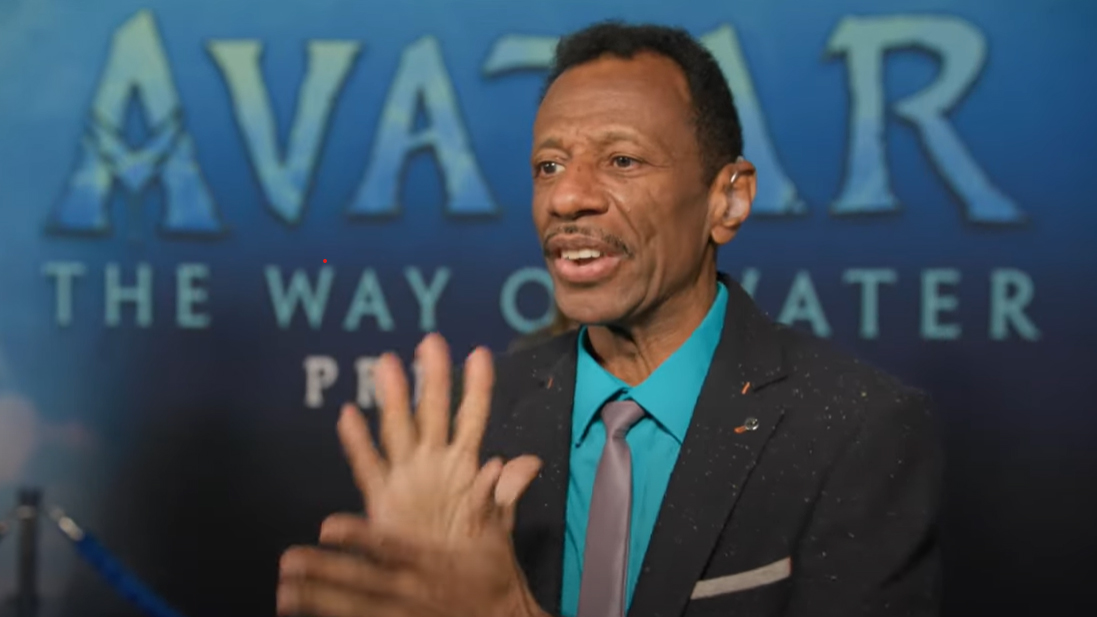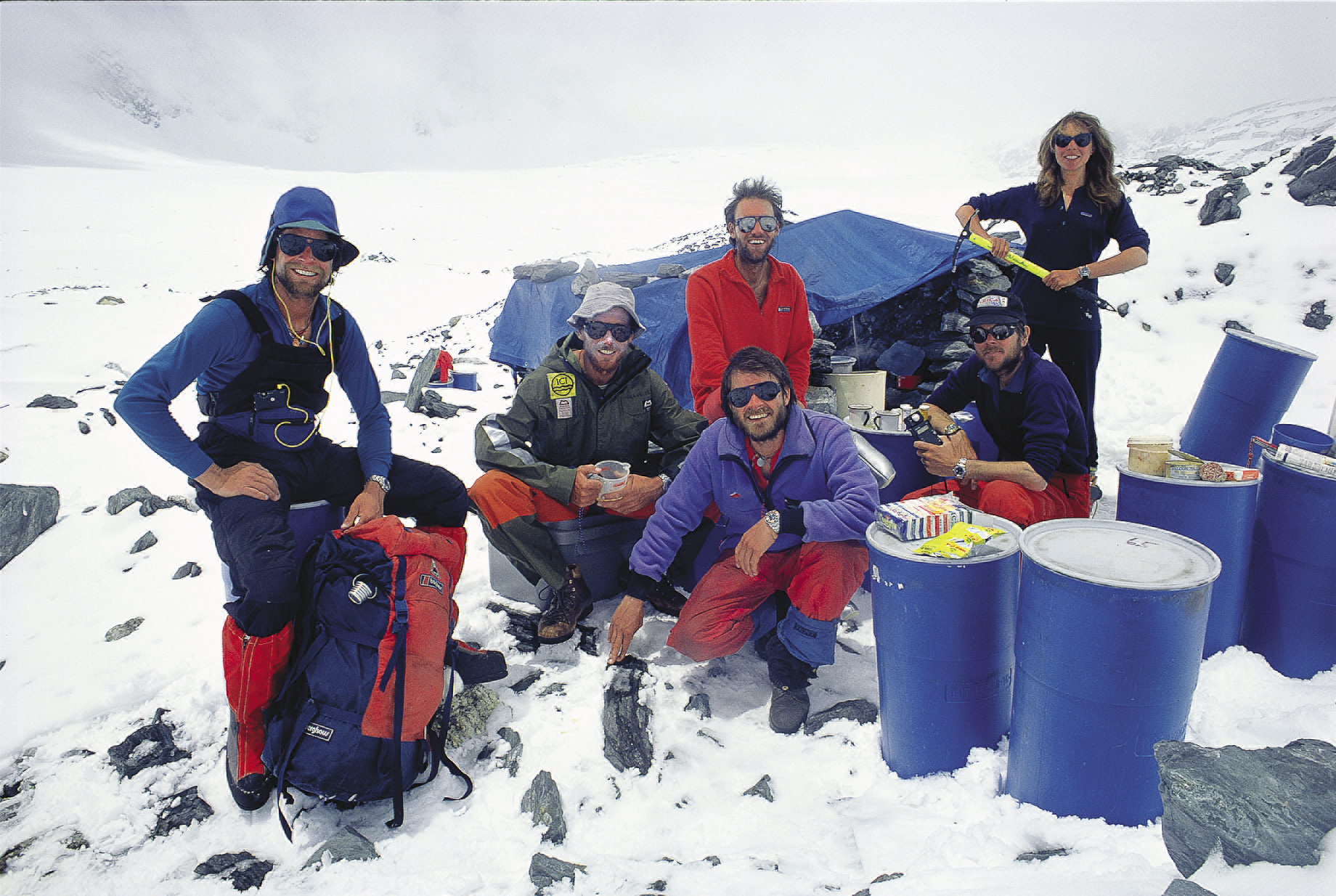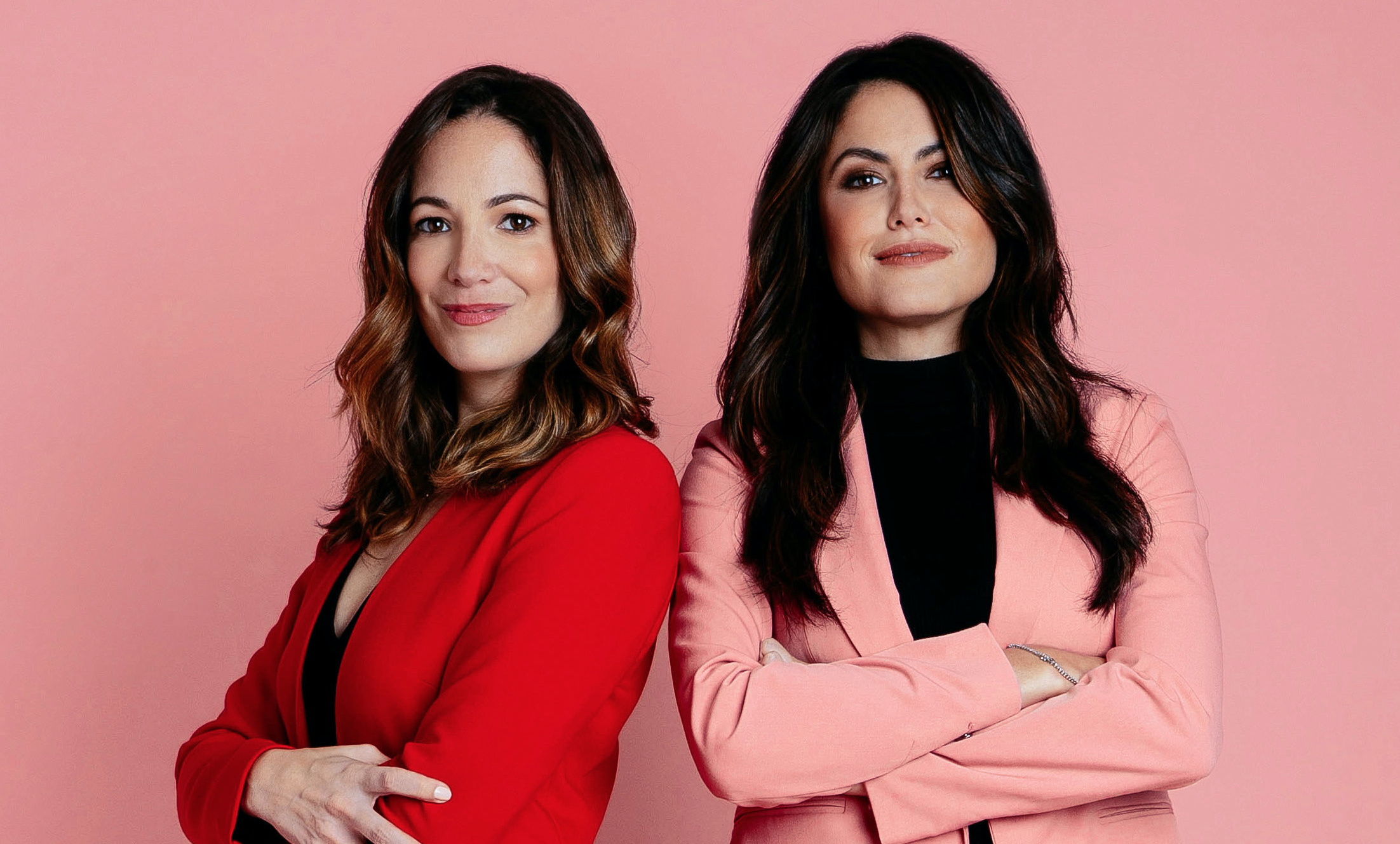
By Lois Melbourne
Representation Matters
While volunteering with the North Texas Girl Scouts I hear leaders repeating a saying to community leaders. “You’ve got to see it to be it.” They want women in all disciplines to show up as examples for the girls. Organizations like See It Be It STEM It and Women Doing Science celebrate women in a multitude of careers. Billy Jean King set a similar standard during her fight for Title IX, the equal access of sports for girls. Those campaigns have profoundly impacted athletics.
We must perpetuate the possible, by expanding our audience who see women active in STEM. It’s not enough that females are starting to outnumber males in many college programs. We need to see them moving into and staying in their chosen STEM careers. We need males and females to expect equality of representation within STEM roles and STEM management.
Gender representation is critical. In the world of STEM careers the image of participants carries the drudge of historic prejudice and precedence. A simple lack of imagination can perpetuate assumptions and biases. The entertainment world plays a significant role in building the public psyche and breaking down mental barriers. This provides us with a powerful tool of change.
It’s important that males absorb the images of women in any and all STEM roles. Normalizing gender equality creates more acceptance consciously and subconsciously. Books about women and girls are less likely to reach the male audience than movies or TV, but they provide females insight and inspiration. While women in STEM are not science fiction, it’s an easy genre to spot women in those roles.
My book, ‘Moral Code‘, and my bookshelves include a wonderful collection of women in STEM as protagonists or the star of their own historic story. These inspirational books reach across genres.
Lessons in Chemistry, by Bonnie Gramus, a national blockbuster this year, is a fantastic novel about an unconventional career path in chemistry. Humor, realism and a rock-solid leading lady makes this book great.
Sci-Fi Options:
The Calculating Stars by Mary Robinette Kowal. A mathematician role models the push through racial and gender barriers in her determination to help mankind and fulfill her own goals.
Atomic Anna by Rachel Barenbaum. Time travel and challenging the assumption that we should build anything if we have the capability, creates a story with generational familial ties.
Seveneves by Neal Stephenson, includes many female scientists and engineers, but the story isn’t focused on gender, until it is.
Biographical Fiction:
This genre is written about real women, based upon researched facts, but conversations and situations can be fictionalized to tie the story together.
The Only Woman in the Room, by Marie Benedict, about Hedy Lamar a 1940’s actress and inventor of technology which eventually led to bluetooth tech.
Her Hidden Genius by Marie Benedict, about Rosalind Franklin’s groundbreaking discoveries around DNA, and the men who took credit for it.
Enchantress of Numbers – Ada Lovelace, 1800’s mathematician, by Jennifer Chiaverini. Finding math soothing and society’s gender restrictions stifling, Ada charts her unique path. I did find her mother’s banishment of creativity painful.
Historical Fiction:
The Rose Code – Kate Quinn – Focused on three women who worked as WWII code breakers at the secret Bletchley Park facility in England.
Biographies:
The Woman Who Smashed Codes – Jason Fagone writes about Elizebeth Smith, a US code breaker during WWI and WWII attacking German and Japanese codes with a stent between the wars adding to catch war criminals, gangsters and smugglers.
Hidden Figures by Margot Lee Shetterly, a revelation of the women mathematicians making the calculations for NASA’s space race in the 50’s and 60’s.
Historic Nonfiction:
The Secret Life of Bletchley Park by Sinclair McKay, reveals the secret lives of the code breakers during WWII who broke the German codes.
Glass Universe: How the Ladies of the Harvard Observatory Took the Measure of the Stars – created telescopes, researched the stars by Dava Sobel. Without these ladies, the stars would not have been comprehensively mapped for possibly two more generations.
The list in the kids category is happily extensive. A short list of favorites:
Ada Twist Scientist, Rosie Revere Engineer, and STEM Club Goes Exploring.
Support the creators of books, movies and TV shows depicting the reality of capable women shining in science, technology, engineering and math. Share your finds with your book clubs, Goodreads and social media. We can all be a part of raising up the visibility of women in STEM.

Dive in and discover the newest of technologies and its improvement of humanity in Lois and Ross Melbourne’s hopeful science-fiction debut. Using their backgrounds as tech executives, “Moral Code” (Sept. 20, 2022, Nonlinear Publishing LLC) breaks barriers as a young engineer develops an AI for children only for others to pursue its code for their personal gains. Keira’s entire reputation is built upon the development of ethical computing. Her AI, Elly, is the testbed and best example using her Moral Operating System. Her absolute dedication to improving children’s lives could now put all she’s worked for at risk. If she fails, her top two priorities yield dangerous consequences. Her new boss’s nanites must be restrained through an upgrade to her MoralOS. Eavesdropping with that same SmartDust, her anger rages at the abusers she hears. They must be stopped. Keira thought she and Elly, with her ethical framework, could keep everything under control. Against conventional wisdom, it’s not the moral decision making of AIs that’s the problem. It’s the people.
“Moral Code” is not the first collaboration for Lois and Ross Melbourne. Side-by-side, they grew their software business to a global award-winning organization, as CEO and Chief Technology Officer, respectively. Now Lois’ storytelling brings to life Ross’ deep understanding of the possibilities within artificial intelligence and robotics. Parenting and marriage have been the easy part of this equation.
Lois is now writing books, having published two children’s books about exploring careers. “Moral Code” is her first but not her last novel. You can learn more about Lois at www.loismelbourne.com. Ross’ current work includes artificial intelligence and robotics. You can learn more about him at www.rossmelbourne.com. And for more about them and the book, you can visit, www.MoralCodeTheBook.com.

















